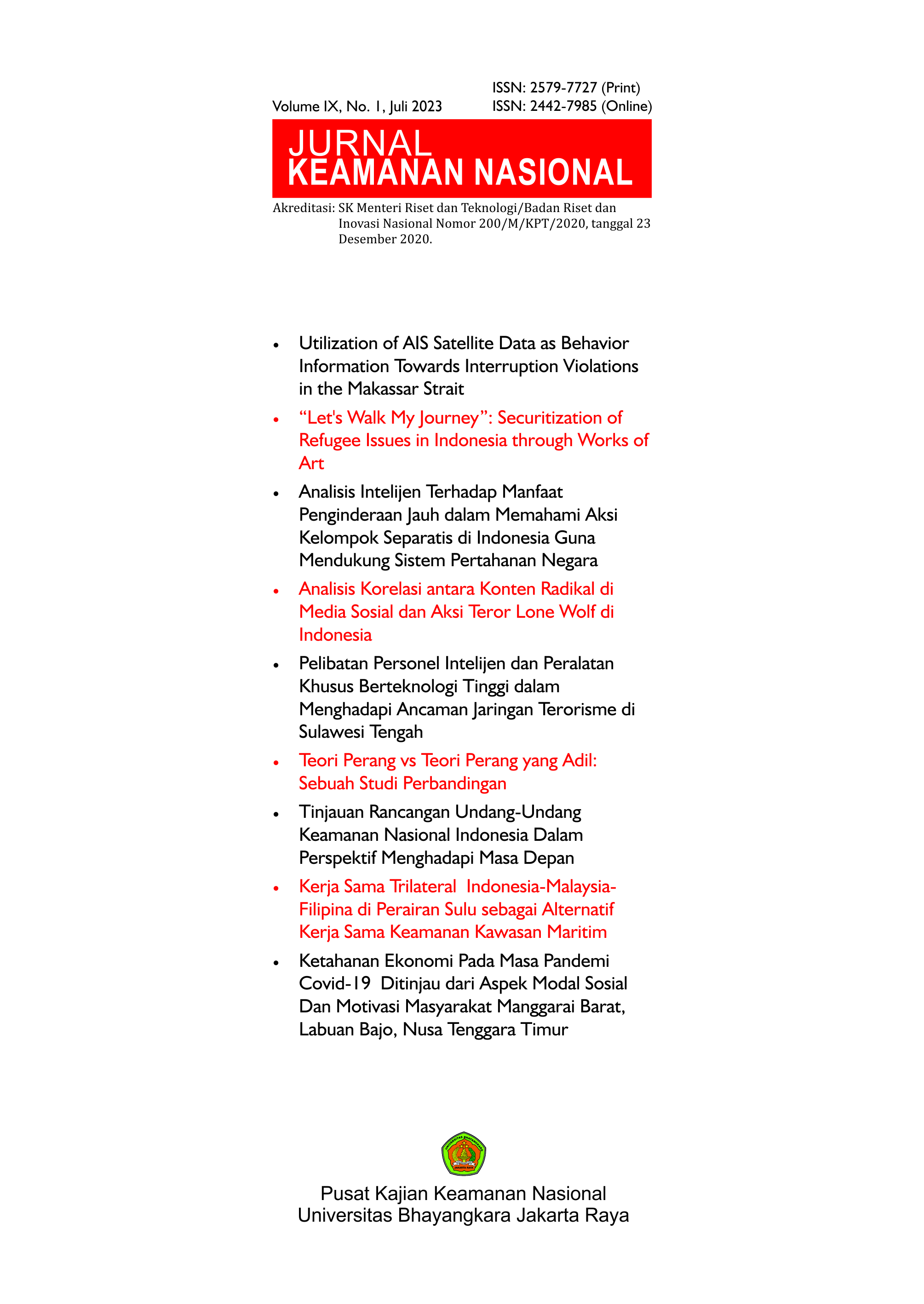Ketahanan Ekonomi Pada Masa Pandemi Covid-19 Ditinjau dari Aspek Modal Sosial dan Motivasi Masyarakat Manggarai Barat, Labuan Bajo, Nusa Tenggara Timur
Keywords:
Social Capital; Motivation, Economic Resilience, Labuan Bajo, Covid-19 PandemicAbstract
This study aims to analyze the determinants of social capital and motivation for the economic resilience of the West Manggarai community in Labuan Bajo, East Nusa Tenggara during the COVID-19 pandemic. The research used a deductive/quantitative approach which was conducted from 24 July to 2 August 2022. This research was limited to only 300 respondents in West Manggarai, Labuan Bajo, and East Nusa Tenggara with a questionnaire instrument. The results of quantitative data processing are enriched by in-depth interviews. The data is further processed to produce descriptive statistical analysis and the results of processing the influence of latent variables using the Structural Equation Modeling (SEM) concept with Lisrel software. The results of the study concluded that there was a significant influence / positive correlation between social capital and the economic resilience motivation of the people of West Manggarai, Labuan Bajo, and East Nusa Tenggara. Social capital is an intangible asset that has not been used optimally in the community empowerment process by local policymakers. Positive social capital will have a positive impact on people’s motivation to live better in fulfilling their daily needs, to achieving good economic resilience.
Downloads

Downloads
Published
Issue
Section
License
Please read and understand the copyright terms for submissions to this journal.
Copyright Notice
The Jurnal Keamanan Nasional is under the Creative Commons Attribution 4.0 International (CC-BY 4.0) License, according to which:
1) Authors retain copyright and grant the journal the right to first publication, with the work simultaneously licensed under the Creative Commons Attribution (CC-BY 4.0) that allows the sharing of articles published with the acknowledgement of authorship and the initial publication in this journal.
2) The authors are authorized to make additional contracts separately for distribution of the version of the work published in this journal (for example, publication in an institutional repository or as a chapter of the book), as long as there is recognition of authorship and initial publication in this journal.
3) Authors are authorized and encouraged to publish and distribute their work online (for example, in institutional repositories or on their personal pages) at any time before or during the editorial process, as it increases the impact and reference of the published work.












